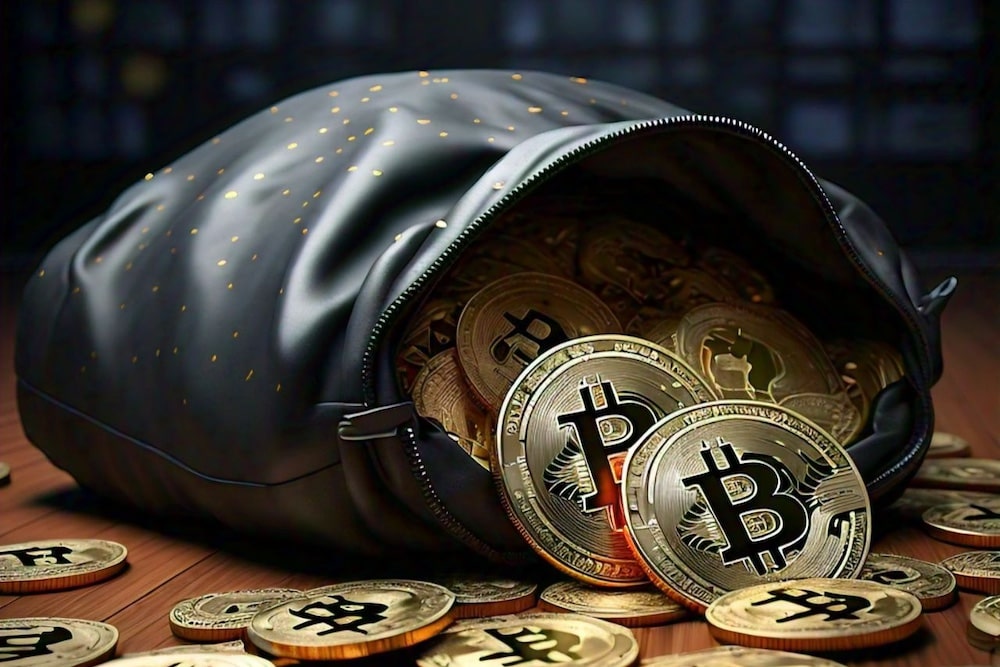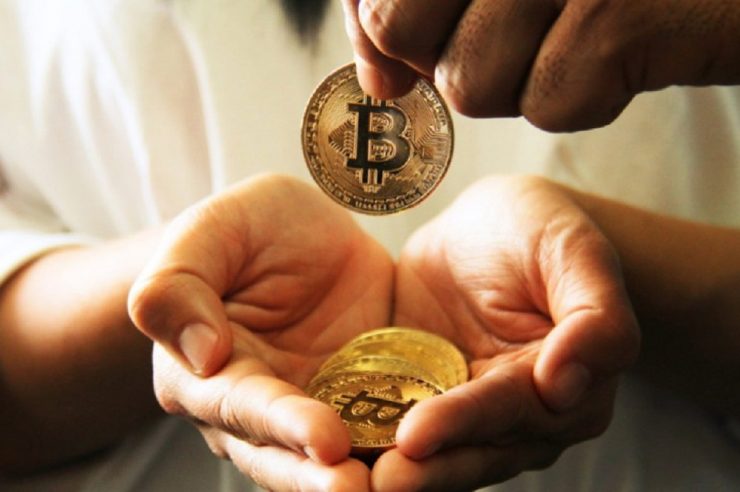Australia’s regulatory agency, the Australian Securities and Investments Commission (ASIC), has fined Kraken’s local operator, Bit Trade, $5.1 million for violating regulatory requirements. The move is part of the regulator’s strategy to strengthen its crypto market oversight.
Kraken Operators Bags $5.1M Fine
The Australian federal court ordered Bit Trade to pay for unlawfully issuing a credit facility to over 1,100 customers, resulting in more than $5 million in losses.
The issue arose from Bit Trade’s margin trading product, which offered credit or loans that could be repaid in crypto assets like Bitcoin or fiat currencies like the U.S. dollar. ASIC found that Bit Trade failed to determine the right customers for the product, charging fees and interest of over $7 million without considering whether it suited them.
Notably, the regulator acknowledged that the case is the first instance an entity is being charged for failing to have a target market determination (a mandatory public document required for credit facilities). Since the August ruling by the federal court determined that the exchange’s product was a credit facility, the document was needed.
Kraken’s spokesperson expressed disappointment with the outcome, stating that the rulings would significantly hinder growth in the Australian economy. Despite this, the exchange operators plan to engage constructively with policymakers and regulators as these rules are developed.
Australian Crypto Industry Decreases
A recent KPMG report revealed that the number of active crypto firms in Australia has reduced by 14% from 85 to 74. Despite this decrease, high-profile players like Swyftx and Coinspot remain in the sector. The decline was attributed to a broader trend in the financial industry, where mergers and acquisitions (M&A) activity was subdued in 2024.
The report further noted that the spotlight has shifted from blockchain technology to artificial intelligence (AI) globally, with investors pouring capital into the AI space to future-proof their businesses. However, the blockchain sector may be poised for a revival, owing to the SEC’s approval of the Bitcoin ETF and the expected U.S. pro-crypto administration.
The recent rate cuts in various countries, including the anticipated cuts in Australia, may also free up capital for investment in the crypto industry. As the risk-free rate falls, alternative investments like blockchain may become more attractive, drawing in investors who have been sitting on the sidelines.









